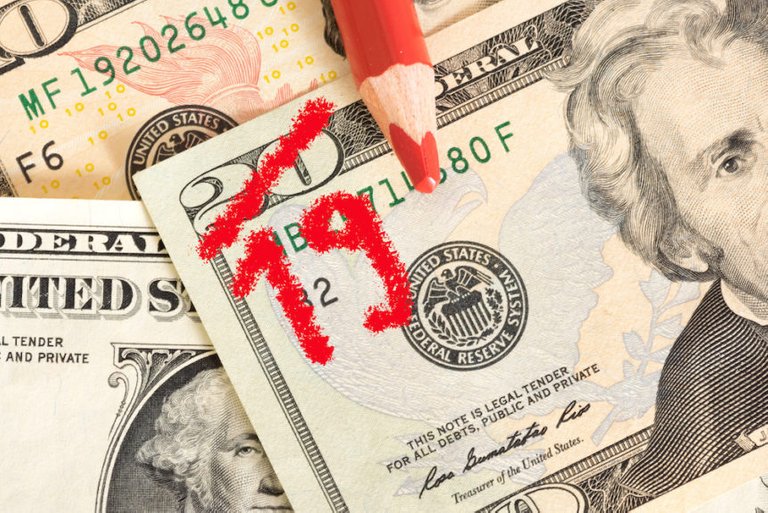How to protect yourself and your assets against inflation
Protecting yourself and your assets against inflation depends on how much money you have and where that money is kept. For example, if you have money in the bank has more than it needs, then the government could step in and offer a currency back guarantee. If the government is a credible borrower, then the institution is less likely to default on its obligations. However, if you have private money held at the bank, then this kind of protection is not possible.
This brings us to the question of how to protect yourself and your assets against inflation. The first step is to diversify your holdings to spread the risk of inflation. The best way to do that is to buy CDs or other long-term certificates of deposit and other safe investments. You should also consider keeping some liquid cash at home, so that you can access it quickly if you need to. Finally, it's a good idea to get a higher interest rate than you currently pay on your mortgage, saving the equivalent amount in interest and capital gains.
Protecting your assets against inflation depends most upon the type of investments that you make. If you are a high risk investor, it might be a good idea to focus your efforts on inflation-resistant bonds, stocks, and other safer investments. If you want to protect your finances against inflation, then you should probably focus on growth oriented investments like bonds, stocks, and mutual funds. Of course, you can always hold a portion of each of these assets in a high risk savings account as well.
What should you do if inflation spurs an interest rate rise that is greater than you can tolerate? If you are a long-term investor who anticipates inflation, then you should protect yourself by cutting your losses and selling out before the situation gets worse. However, if you are new to the investment game and you are making a substantial return on your assets, you might not be able to cut losses as effectively. In this case, you may have to take steps to protect yourself from inflation.
You can do a number of things to secure your assets against inflation. First, you can invest in commodities like gold, silver, and copper. Commodities provide the best inflation protection since they usually increase in value over time. Another option for protection is to buy government bonds and bills. In addition, you can invest in real estate with a loan secured against your dwelling. Real estate provides excellent protection against inflation because real estate prices usually increase more slowly than the prices of commodities and government bonds, which have a longer term impact on your bottom line.
How to protect yourself and your assets against inflation depends upon your overall risk level. If you expect an unusually severe downturn in the economy, you should probably consider getting into some kind of asset protection or hedge fund that would allow you to protect your income and your financial holdings. However, if you don't own any large amounts of property, automobiles, or other large investments, you can probably forget about getting protectionist measures. You may also have to change your overall investment strategies to compensate for higher long-term interest rates and more volatile stock markets.
One thing that is often overlooked in how to protect yourself and your assets against inflation is the possibility of a run on the bank. The FDIC insures deposits in banks up to $1 million, so you can be protected from large-scale run-ups in the banking industry. If there happens to be a run on the bank, you can count on a number of government-sponsored institutions to step in to cover the deficit. If the economy starts to tank, however, those government-sponsored institutions won't be able to keep up, and your bank balance could suffer. So the bottom line is to keep your assets, and your assets alone, secure against inflation.
How to protect yourself and your assets against inflation is relatively easy once you've worked out the numbers and understood your options. Your goal in today's economic climate should be to keep your living standards from declining, and to earn enough money to live comfortably even as the national economy slides toward disaster. Asset protection is the best way to do that. Remember, inflation will hit you, just like it does every time you turn around. Get ahead of the curve with your asset protection strategy now!
Posted Using LeoFinance Beta
